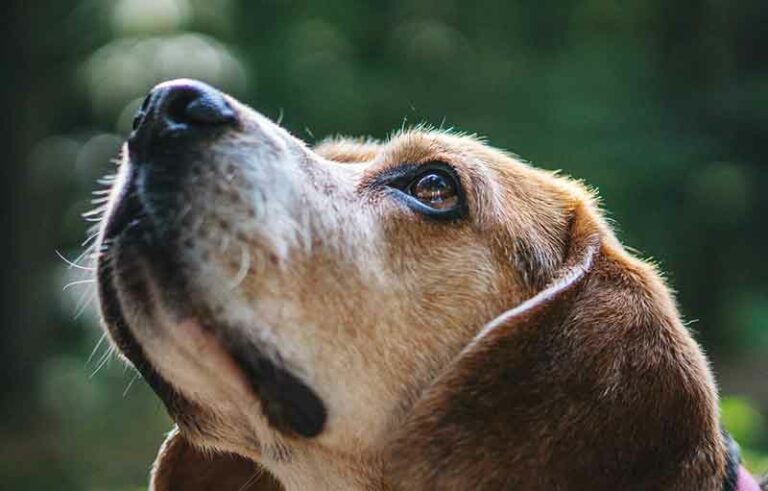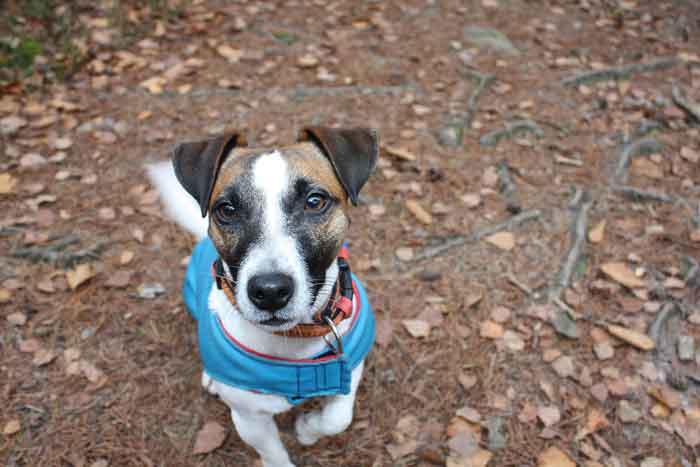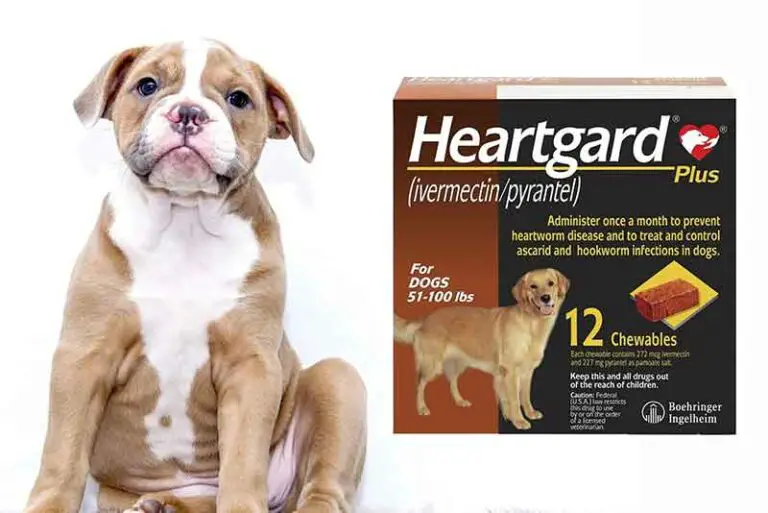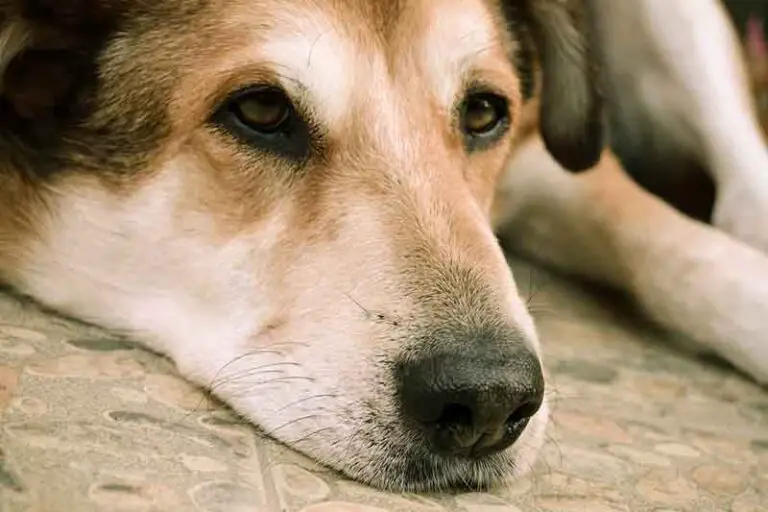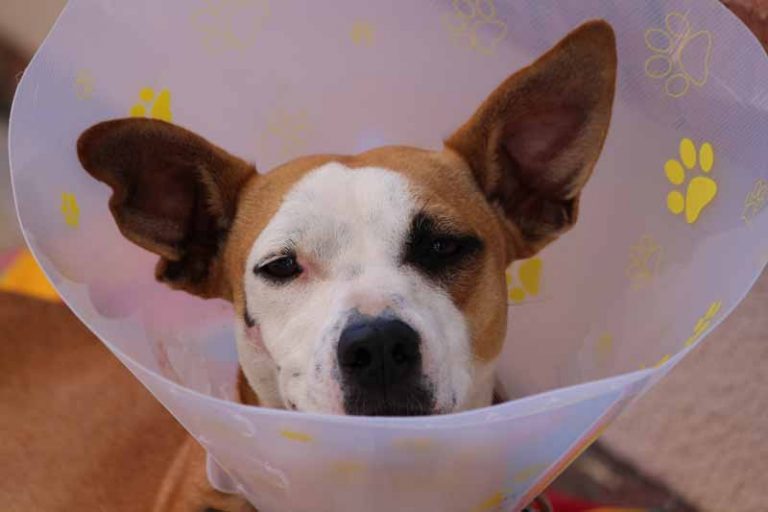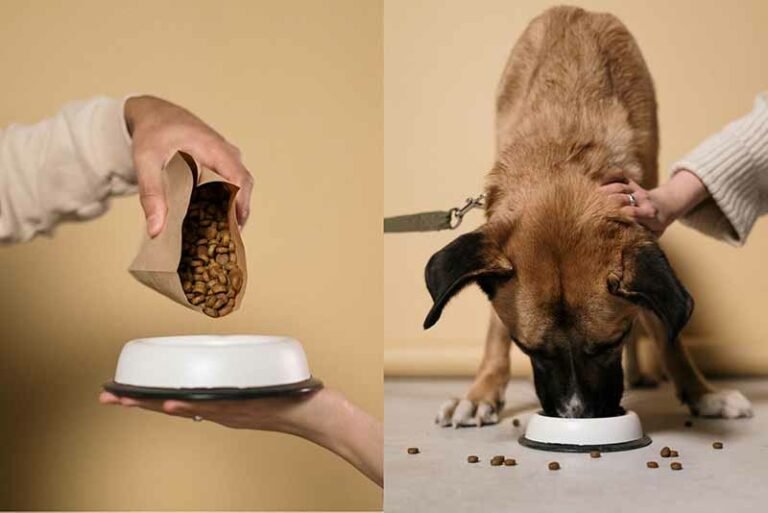Why Is My Dog’s Nose Dry? Need Be Worried? – 8 Reasons
A wet nose in your dog is often an indication of good health. Like how panting controls a dog’s body temperature, the wet nose also helps cool your dog off on warm days. Therefore, you might be slightly concerned if your dog has a dry nose. All that runs through your mind will be why is the dog’s nose dry.
But why is my dog’s nose dry? A dry nose may signify situations such as dehydration or a fever, but it’s often nothing to be worried about. Because dogs always lick their noses to keep them wet, it might simply be that he’s asleep, thirsty, has a cold, or has nasal hyperkeratosis.
Here are some possible reasons for your dog’s dry nose. Let’s dive in!
Why Is My Dog’s Nose Dry? Reasons Explained
- Your dog needs more water
One of the most common reasons for your question – about why a dog’s nose is dry is because he might be dehydrated.
Sometimes it occurs after a stroll or after the dog has gone longer than usual without drinking any water.
In many situations, this dryness simply goes away after drinking water, but if it does not, it is best to see a veterinarian.
- Your dog was fallen asleep
Your dog doesn’t lick his nose at all while he sleeps. It might cause the nose’s membrane to dry out; the same happens when you sleep with your mouth open.
If you see it after your dog has fallen asleep, there is no need to be concerned because everything will be OK in a short while.
- Your dog has fever
Another reason that can explain why is dog’s nose dry is because he may be having a fever. You shouldn’t be over-concerned if you feel a bit warm when touching a dog because their body temperatures are often a little higher than ours.
However, you should take your dog to the veterinarian if it is followed by symptoms like exhaustion, loss of appetite, or even sneezing.
- Your dog is of an exceptional breed that is prone to dry noses
Because of their short snouts, brachycephalic breeds such as Bulldogs, Boxers, and Pugs may be unable to lick their noses regularly.
Compared to other dog breeds, this may make the nose more prone to becoming dry.
- Your dog could be cold
Your dog may experience a dry nose at any time of year. If you’ve ever wondered why is dog’s nose dry, even in cold weather, the answer is that he might prefer to warm up next to the fireplace or a heater. It is not a concern because your dog is just feeling cold.
- Your dog has a sunburn
Another reason why a dog’s nose is dry could be because he is exposed to the sun. Light-colored dogs with pale noses are more likely to experience it.
The nasal area may become red, painful, or cracked as one of the symptoms. Applying dog-friendly sunscreen to your dog when he leaves the house is, therefore, the best way to prevent this.
- Your dog has nasal hyperkeratosis
A disorder known as canine nasal hyperkeratosis is brought on by an excess of keratin-producing skin cells on the outer layer of a dog’s nose.
The nose becomes especially dry, crumbly, and cracked due to the accumulation of additional tissue. There are many various reasons why it might occur.
For instance, elderly dogs of all kinds and many breeds (such as Cocker Spaniels) are prone to nasal hyperkeratosis.
- Your dog is suffering from an autoimmune condition
Your dog’s nose may change as a result of many autoimmune conditions. When one of these diseases strikes, the immune system goes slightly off and starts attacking cells in certain places, like your dog’s nose.
Systemic lupus erythematosus and pemphigus are two autoimmune skin diseases commonly affecting the nose.
Your dog’s nose may change its color or lose its typical rough appearance in these conditions, and it will likely be dry, cracked, or flaking.
Should A Dog’s Nose Be Wet Or Dry?
So now you have found the answer to your nagging question – why is a dog’s nose dry? But is it always a cause for your concern? No. However, dogs tend to have cool, damp noses more frequently.
Saliva and mucus are the two substances that give a dog’s nose its moisture. A wet nose greatly enhances their remarkable sense of smell.
Compared to our human noses, their incredible sense of smell is 10,000–100,000 times stronger!
How To Treat A Dog’s Dry Nose?
Here are some ways you can treat a dog’s dry nose.
- If you think your dog is dehydrated, ensure they have access to water at all times, and let them sleep in a cool place.
- If you think it’s because of the challenging weather conditions – a dog’s nose will dry out in both warm and cold environments. Therefore it’s advisable to take your dog to the vet to evaluate the underlying problem to determine whether it’s just a severe case of dehydration or another illness.
- When it is too hot outside, this can cause sunburn in the dog. Apply dog-friendly sunscreen, and remember to keep the dog hydrated.
- If your dog has a dry nose and other symptoms of pain, fever, loss of appetite, etc., and you suspect an illness, such as nasal hyperkeratosis or an autoimmune disease, take him to the veterinarian immediately. In some situations, your veterinarian may decide to biopsy your dog’s nose.
Most of the time, the answer to the question – of why is dog’s nose dry is because he was sleeping, dehydrated, or having a sunburn.
So, when it comes to treating your dog’s dry nose, there is generally nothing to be concerned about!
But occasionally, it might be caused by an illness, so be sure to monitor your dog’s general health. If there are any issues that you can’t resolve on your own, it is advisable to consult a veterinarian.
Thank you for reading this post. Stay tuned with Jack Russell Owner.



